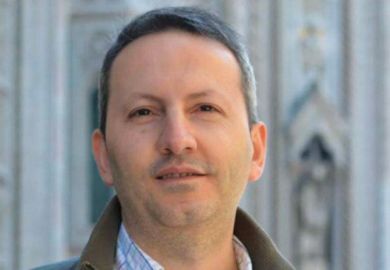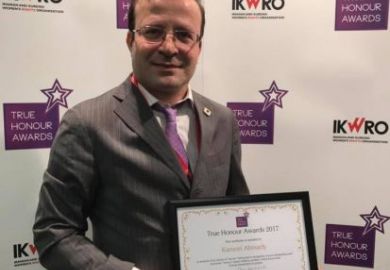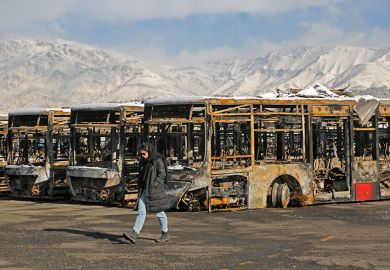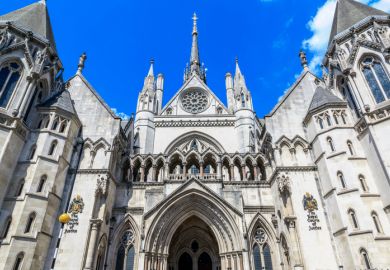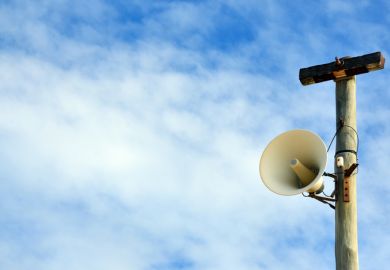A University of Auckland PhD student’s call for people to inform on Iranian protesters has illustrated the difficult job universities face in balancing free speech rights with duty of care.
Tweets from a doctoral candidate at the Auckland Bioengineering Institute ask “friends” to help the Islamic Revolutionary Guards Corps (IRGC) identify “troublemakers” and “rioters” in their homeland.
“Join this Telegram channel and send your information,” the author implores, according to translations of tweets written in Farsi. “When someone attacks the security guard, it means that he has attacked all the people and should be dealt with decisively. The police do not come to suppress protests, but to suppress riots.”
The author, who is also a casual staff member at the institute, has since changed his Twitter profile and did not respond to a request for comment.
His claims drew outrage in New Zealand and elsewhere. “I urge @AucklandUni to look into this and share the result of its investigation with the public,” tweeted Saeed Ghasseminejad, a senior adviser on Iran at the Foundation for Defense of Democracies research institute in Washington DC.
Dr Ghasseminejad said identification of Iranian protesters “can lead to torture and execution”, noting that the US had designated the IRGC as a foreign terrorist organisation.
In a statement, the University of Auckland said people external to the institution had contacted it about “alleged tweets from a current student in support of actions by the Iranian government”. Auckland’s proctor is now considering “whether our standards of behaviour and code of conduct have been breached”, the institution said.
University of Melbourne constitutional lawyer Adrienne Stone said freedom of speech was a “very important value” in academia. But in rare instances, universities could be justified in overriding free speech rights if staff or students advocated actions that jeopardised people’s safety, “particularly when they’re supporting a regime that we might have reason to suspect is keeping an eye on students from that country”.
Professor Stone said the Auckland case was not an issue of academic freedom because the tweets did not pertain to the author’s research. Nevertheless, it presented the university with a “troubling” dilemma.
“It’s a hard case, when somebody is advocating that people report others to a regime that we know is so terrible and which might actually have some effect on the university campus. From what I can see, it is very close to the line in terms of deserving protection as freedom of speech.”
Golriz Ghahraman, an Iranian asylum seeker who became an Oxford-educated lawyer and New Zealand’s first refugee member of parliament, said she had written to ministers and Auckland’s vice-chancellor about the case.
Kylie Moore-Gilbert, a former University of Melbourne academic who endured more than two years in Iranian prisons, said PhD students and researchers at Australian universities were also known to be IRGC supporters. She said universities should investigate, “but intelligence services must also take more interest in Iranian regime infiltration of Australia and New Zealand”.
The case is not the only international academic controversy to erupt as Iranians’ protest about the death in custody of a young woman accused of wearing her headscarf incorrectly.
More than 150 professors and other intellectuals have signed an open letter criticising a New Yorker article for exaggerating the activist influence of Iranian journalist Masih Alinejad. “Academics in the West [are] piling on the most important Iranian dissident in exile rather than focusing their energies on the Iranian regime,” Dr Moore-Gilbert said.
Register to continue
Why register?
- Registration is free and only takes a moment
- Once registered, you can read 3 articles a month
- Sign up for our newsletter
Subscribe
Or subscribe for unlimited access to:
- Unlimited access to news, views, insights & reviews
- Digital editions
- Digital access to THE’s university and college rankings analysis
Already registered or a current subscriber?

